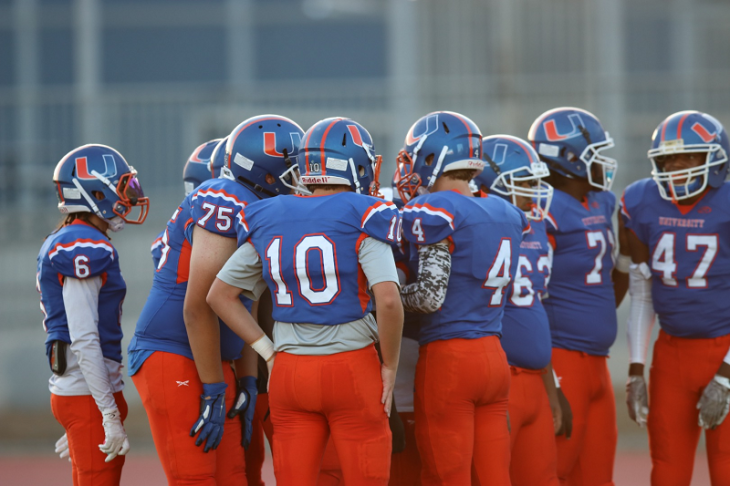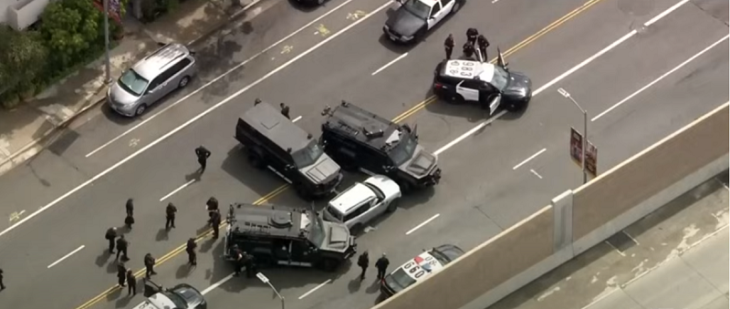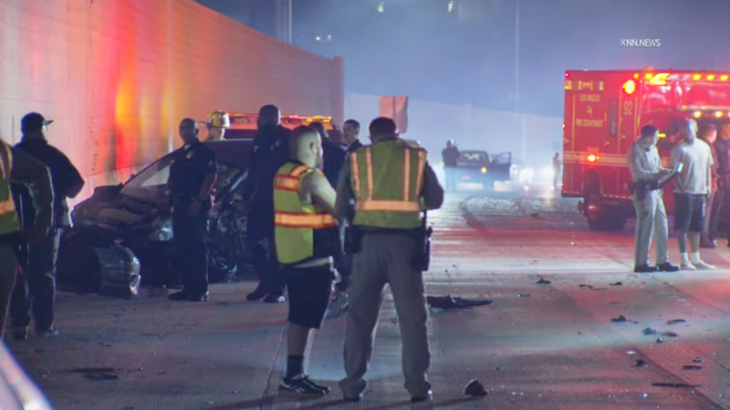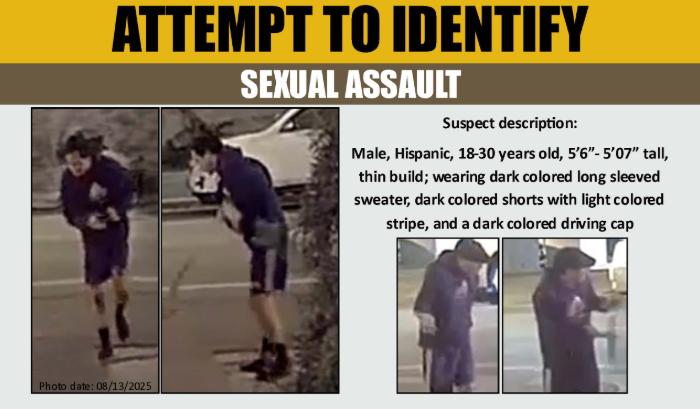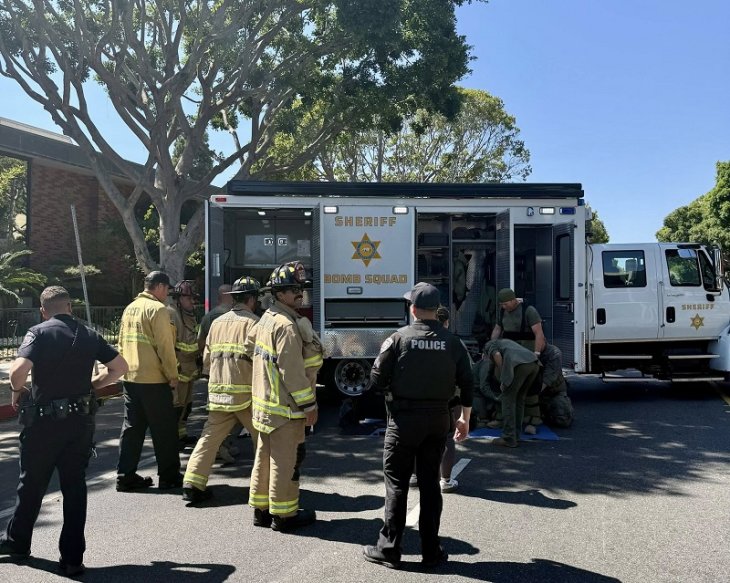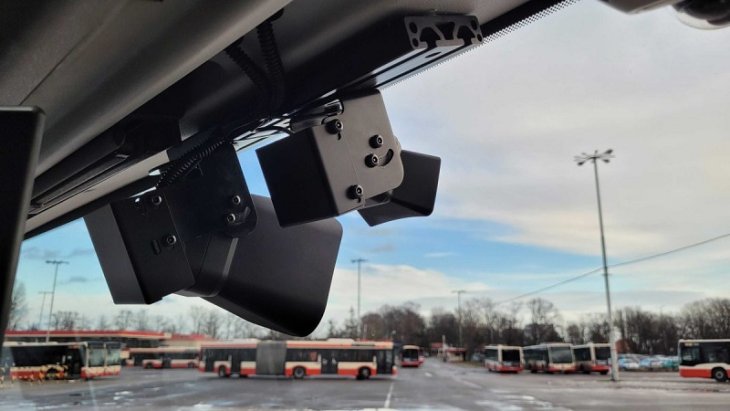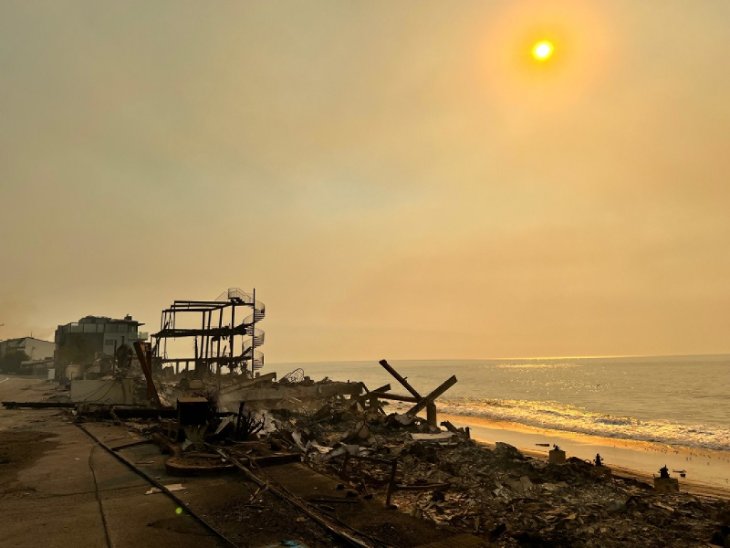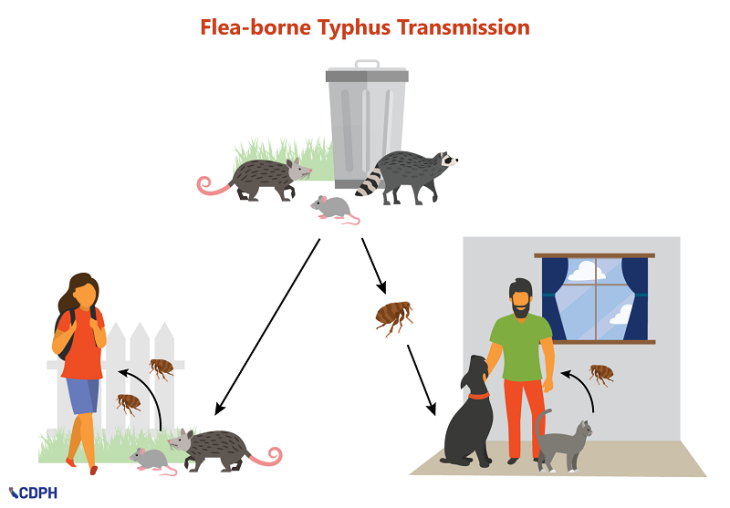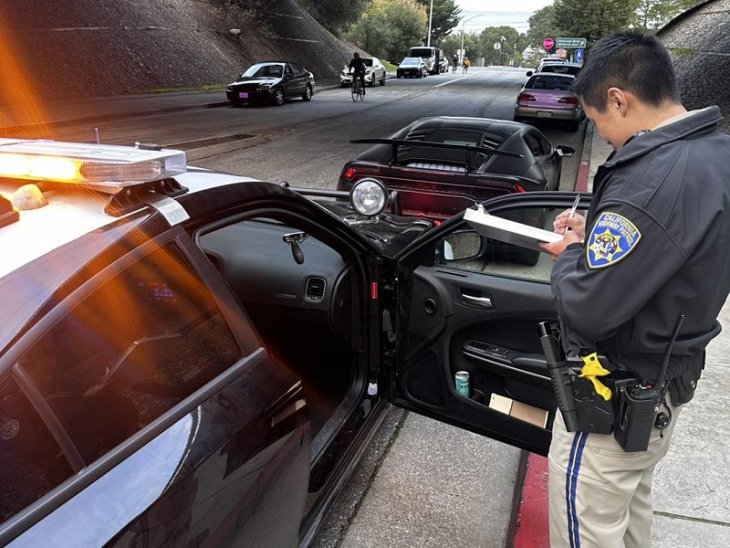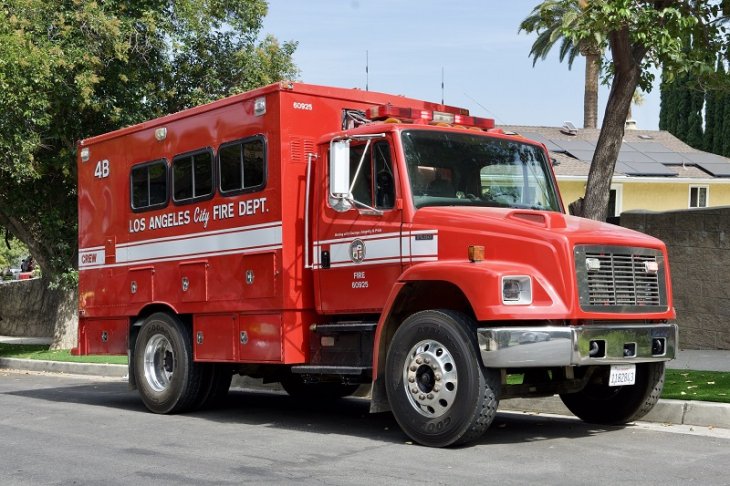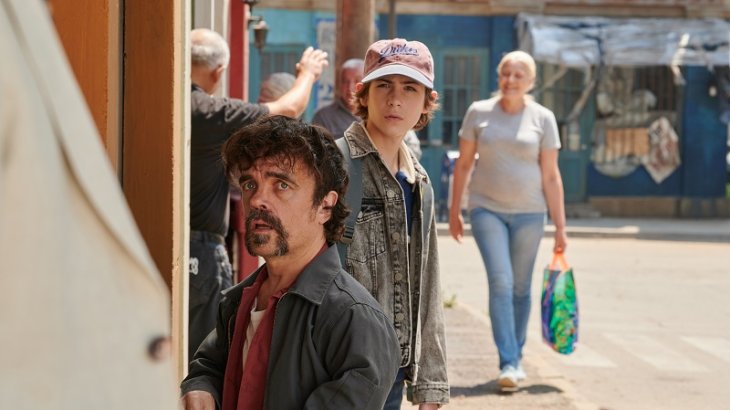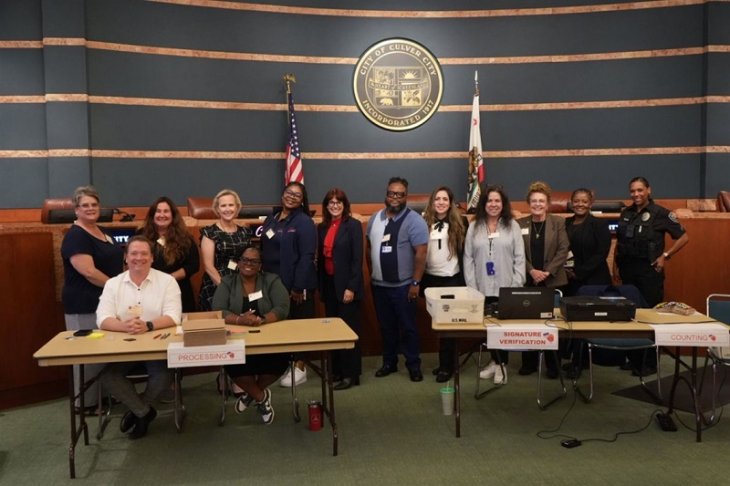Pacific Palisades Mother Calls for DUI Law Reform, Builds a Foundation to Help Young People
The tragic death of Loyola High School senior and beloved tennis player Braun Levi has left his family, the Pacific Palisades, and the South Bay community reeling. His mother, Jennifer Levi, is now navigating unbearable grief while also fighting for accountability and legal reforms to prevent this kind of tragedy from happening again.
In this interview, she shares memories of Braun, the night of the crash, and her work advocating for stronger DUI laws. We also talk about the formation of the Live Like Braun Foundation, another way that Jennifer and her family seek to change the world and thus keep Braun’s memory alive.
Dolores Quintana: Could you tell me a bit about Braun and what he was like?
Jennifer Levi: Braun was truly magnetic. He had this incredible ability to connect with everyone, not just kids his own age, but also adults. After he was killed, so many parents shared the last text messages they had with him, and I realized he’d been building these independent relationships with our friends, completely on his own.
He lit up every room he walked into. He had this white-blonde hair, sparkling eyes, and a mischievous smile. He was tall, strong, and just exuded sunshine. You couldn’t help but feel happier when Braun was around.
Dolores Quintana: Where did the idea to start the Live Like Braun Foundation come from?
Jennifer Levi: In those first few hours, our home was flooded with flowers; they just kept arriving, one after another. At some point, I stopped and said, “No more flowers. We need to live like Braun.”
In the depths of that sadness, I gathered my closest friends, and together we created the Live Like Braun Foundation. It became our way of turning unimaginable pain into purpose.
It exists for a few reasons. We want to inspire other kids to live their best life, to take risks, to lead with kindness, to lead with love, to enjoy their life, and to live their life at 100%. So that’s one part of the foundation is to inspire people.
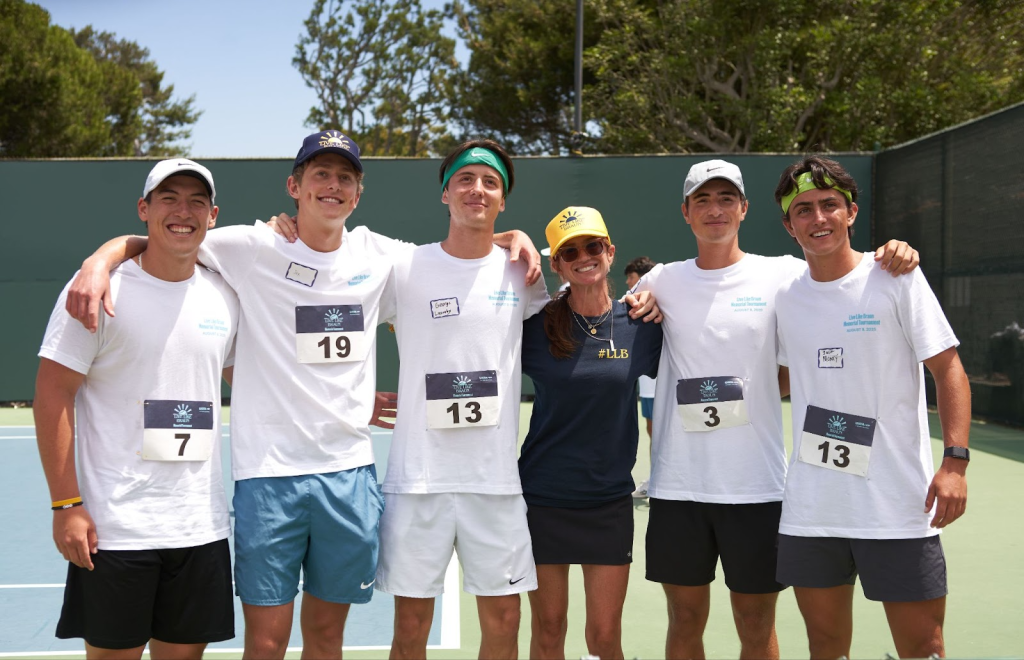
We raise money to help kids who live like Braun pursue their dreams. Whether that means going to college, attending flight school, or enrolling in a trade or vocational program, we want to provide the financial support they need to follow whatever they are passionate about.
Finally, the foundation is a platform to advocate for change in how our society addresses driving while under the influence, so other families don’t have to endure the kind of heartbreak we’ve faced.
Note: The family has endowed a scholarship at Loyola High School in perpetuity
Dolores Quintana: What do you remember about the night of the crash?
Jennifer Levi: That night, Braun was at a friend’s house. I texted him around 12:15 a.m. to tell him it was time to come home. I always waited up for my kids and checked in with them if it got late.
He was walking home with a bunch of friends, in a line. There was the kid in front of him, and a bunch of kids behind him, and he got hit and killed instantly by a drunk driver.
The woman driving had a suspended license, was on parole, and had already been arrested for DUI before. She’d taken a plea deal for a hit-and-run misdemeanor. She shouldn’t have been driving at all. It was her mother’s car, and there were other people in the vehicle. They ran away, but one came back.

Dolores Quintana: What has happened legally since the crash?
Jennifer Levi: She was put in jail that night, but she was let out of jail about 3 or 4 weeks later due to overcrowding. We’re still waiting for official charges to be filed. She’s free, no ankle bracelet, nothing.
This all falls under LA County jurisdiction because Braun was killed in Manhattan Beach, but it’s been incredibly frustrating.
Dolores Quintana: You’ve also begun speaking out about DUI laws. What changes are you advocating for?
Jennifer Levi: I’ve been working as a victim advocate alongside Councilwoman Tracy Park. I recently spoke before the Los Angeles City Council in support of AB366, which would require anyone convicted of DUI to have an ignition interlock device installed in their car, meaning they’d have to breathe into it for the car to start.
Many states already have this law, but California doesn’t. It’s unbelievable. My hope is that no other family has to go through what we are living through right now.
I’m also advocating for the HALT Act, a federal bill that would require all new cars manufactured after 2026 to include built-in technology to detect impaired driving and prevent the vehicle from starting.
Dolores Quintana: What do you want the public to know about Braun and this fight for justice?
Jennifer Levi: I’d like the public to know that we love and miss our son, and this pain is so unbearable. If I can just reach one or two people, I’ve done my job.

